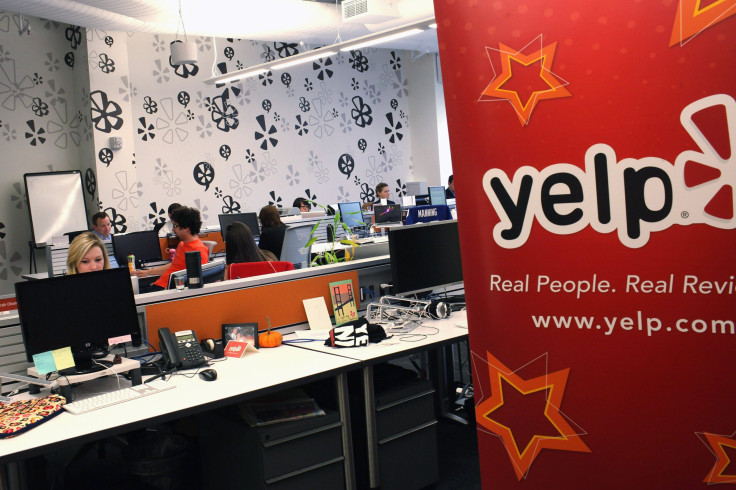Yelp To Display Health Inspection Data For Restaurants Nationwide

In 2013, Yelp began publishing health inspection ratings for restaurants in cities like San Francisco and New York City. Now the crowd-sourced review platform wants to bring that concept to the rest of the country, according to a company blog post.
Specifically, Yelp will nationalize its Local Inspector Value-entry Specification program, also known as LIVES, to publicize health inspection ratings for almost a million restaurants over the next few months.
The new initiative will incorporate the Health Department Scores database. It reportedly provides health inspection ratings for 42 states, or about 75 percent of the U.S. population, per Yelp’s Tuesday press release. It saw the addition of health ratings for more restaurants in Texas, Illinois and Washington, D.C., alongside new data for places in New York and San Francisco.

Before Tuesday’s announcement, Yelp had published health inspection data for around 200,000 restaurants. That number will balloon in the coming months.
According to Yelp, the intention is to reduce the possibility of foodborne illnesses by informing consumers about restaurants. This data is already publicly available but not always easy to find.
“As we continue to grow the LIVES program on Yelp, we hope to see positive effects both on the restaurant industry and for consumers by making this data available where millions of people are already coming to find information on local businesses,” the Yelp statement reads.
Plenty of restaurateurs already dislike Yelp for numerous reasons, and putting health inspection ratings right on an establishment’s Yelp page might not help the company’s reputation among those people. Chefs have criticized it and other review apps for making it easy for users to troll restaurants and bombard them with negative reviews.
In January, a Dallas restaurant owner claimed Yelp hid positive reviews of his establishment as retaliation for not paying for ads. Yelp, in turn, claimed several reviews came from the owner’s IP address and were not to be trusted. In 2016, there was a Kickstarter campaign for a documentary about Yelp’s business practices called “Billion Dollar Bully.”
Yelp reported $846 million in revenue in 2017.
© Copyright IBTimes 2025. All rights reserved.




















